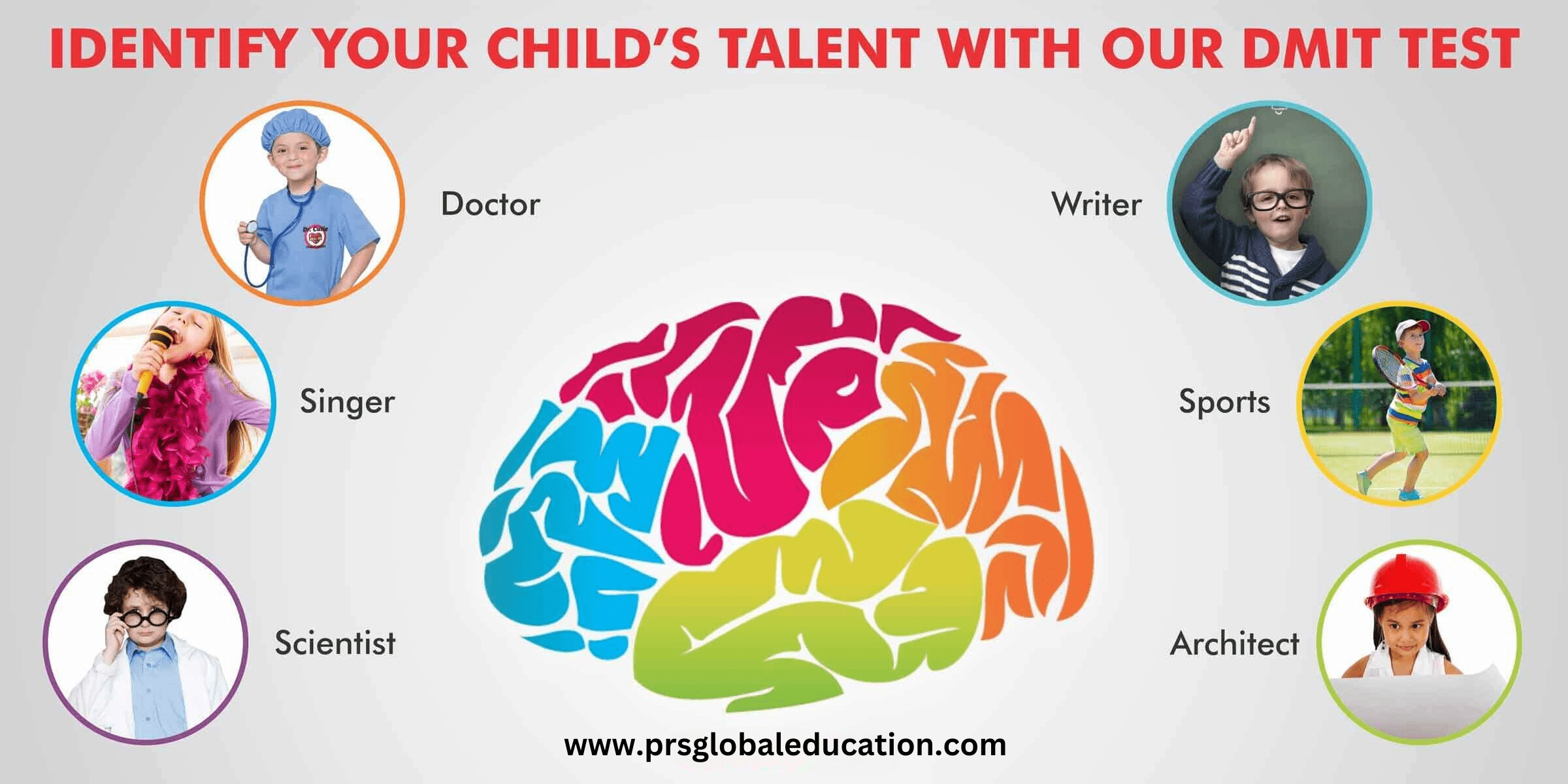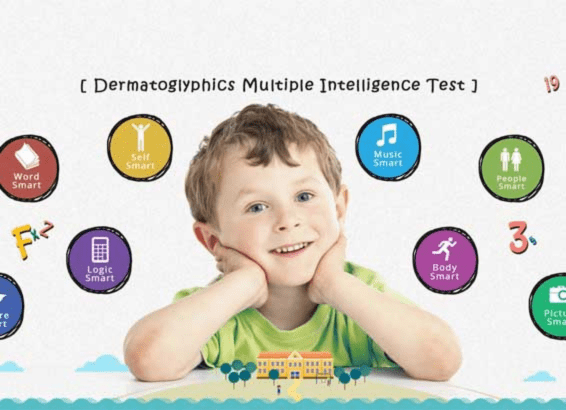Introduction to the DMIT Test
The Dermatoglyphics Multiple Intelligence Test, commonly known as the DMIT Test, is gaining recognition as a valuable tool for understanding and nurturing a child’s unique potential. This innovative assessment method combines the science of dermatoglyphics with the theory of multiple intelligences to provide insights into a child’s innate abilities and learning style. By exploring the intricacies of fingerprint patterns and their correlation with cognitive functions, the DMIT Test offers parents a personalized approach to supporting their child’s development. In this article, we delve into the significance of the DMIT Test and why every parent should consider utilizing this resource for their child’s growth and success.
What is the DMIT Test?
The Dermatoglyphics Multiple Intelligence Test (DMIT) is a scientific method that analyzes fingerprint patterns to understand a person’s unique intelligence profile, learning style, and potential abilities.
History and Development of DMIT Test
Developed by scientists and researchers, DMIT combines principles of neuroscience and dermatoglyphics to provide insights into an individual’s cognitive strengths and weaknesses.
Understanding the Benefits of the DMIT Test
Enhancing Self-Awareness and Personal Growth
By uncovering hidden talents and areas for improvement, the DMIT test empowers children to leverage their strengths and work on areas that need development, fostering personal growth.
Identifying Strengths and Weaknesses with the help of DMIT Test
Understanding a child’s innate abilities helps parents tailor educational and extracurricular activities to nurture their talents and address any weaknesses proactively.
How the DMIT Test Can Aid in Child Development
Early Detection of Potential Abilities
Career planning can start early with the DMIT test. By understanding a child’s strengths and weaknesses, parents can guide them towards suitable career paths. This early guidance is one of the most impactful DMIT test benefits, as it helps in aligning a child’s interests with their potential career, paving the way for future success.
Parental Insights and Better Parenting
The DMIT test offers valuable insights that can improve parenting strategies. By understanding their child’s innate abilities and personality traits, parents can tailor their support and guidance more effectively. This informed approach enhances the parent-child relationship, contributing to a child’s overall development.
Boosting Confidence and Self-Esteem
Knowing one’s strengths can significantly boost a child’s confidence and self-esteem. The DMIT test provides detailed insights into a child’s abilities, helping them understand and appreciate their unique talents. This understanding is crucial for a child’s development, fostering a sense of self-worth and confidence.
Addressing Behavioral and Learning Challenges
The DMIT test is not just about identifying strengths; it can also pinpoint areas where a child might face challenges. Whether it’s learning difficulties or behavioral issues, the test provides strategies to address these challenges. This proactive approach is among the key DMIT test benefits for a child’s holistic development.
Exploring the Science Behind DMIT Test
Neuroscience and Dermatoglyphics
The science behind DMIT lies in the correlation between fingerprint patterns and brain function, offering valuable insights into how intelligence is distributed across different areas of the brain.
Research Studies on DMIT Test and Child Development
Studies have shown that DMIT can significantly impact a child’s academic performance, social interactions, and overall well-being by guiding parents and educators in creating a supportive environment for optimal growth and development.

Practical Applications of DMIT in Parenting
Using DMIT Results to Support Academic Success
So your child’s DMIT test results reveal they have a knack for problem-solving and creativity? Great! Now you can tailor their study habits to play to those strengths. Maybe they’d thrive in a more hands-on learning environment, or benefit from extra art classes to keep their creative juices flowing. Knowing your child’s natural inclinations can give you a roadmap to help them excel academically.
Utilizing DMIT Test for Career Guidance and Goal Setting
Imagine having a glimpse into your child’s future career path from an early age. DMIT can provide insights into their strengths and weaknesses, helping you guide them towards a career that aligns with their natural abilities. Whether they’re destined for a career in engineering, entrepreneurship, or the arts, DMIT results can kickstart meaningful conversations about their goals and aspirations.
Addressing Common Concerns About the DMIT Test
Ethical Considerations and Data Privacy
It’s natural to have concerns about privacy and ethical implications when it comes to genetic testing. Rest assured, reputable DMIT providers prioritize data security and confidentiality. Make sure to choose a trusted provider who follows ethical guidelines and safeguards your child’s personal information.
Interpreting DMIT Test Results Accurately
Getting a DMIT test done is just the first step. The real magic lies in correctly interpreting the results. Work with professionals who can help you understand what the results mean for your child’s development. Remember, DMIT is a tool to support your parenting journey, not a crystal ball that predicts the future.
Success Stories and Testimonials from Parents
Curious about how other parents have leveraged DMIT for their children’s growth? Dive into inspiring success stories and testimonials from parents who have seen the positive impact of using DMIT as a tool for understanding and nurturing their child’s unique abilities.
Conclusion: Empowering Your Child’s Future with DMIT Test
In conclusion, the DMIT test can be a valuable resource in your parenting arsenal. By harnessing the insights provided by DMIT, you can better support your child’s academic journey, career aspirations, and overall growth. Remember, every child is unique, and DMIT is just one way to celebrate and empower that uniqueness. Embrace the journey of discovery and watch your child flourish!
Frequently Asked Questions about the DMIT Test
1. Is the DMIT test scientifically validated?
The DMIT test is based on dermatoglyphics, the scientific study of fingerprints. While it has gained popularity in some educational and developmental circles, it's important to note that the scientific community has not universally validated its claims. Parents should use the DMIT test as a supplementary tool rather than a definitive assessment.
2. At what age is it appropriate to consider the DMIT test for a child?
The DMIT test can be conducted on children as young as two years old. However, many experts recommend considering the test when the child is between 3 and 12 years old, as this is a critical period for identifying learning styles and developmental needs.
3. How can the results of the DMIT test be used to support a child's development?
The DMIT test provides insights into a child's innate strengths, weaknesses, and learning styles. Parents and educators can use these results to tailor educational approaches, extracurricular activities, and support systems to better align with the child's natural inclinations and potential, thereby enhancing their overall development.
4. Are there any potential drawbacks or limitations to using the DMIT test for child development purposes?
While the DMIT test offers valuable insights, it is not without limitations. The test's accuracy and scientific basis are debated, and it should not replace other established developmental assessments. Additionally, relying solely on DMIT results may lead to overgeneralization. Parents should consider the DMIT test as one of many tools in understanding and supporting their child's growth.
